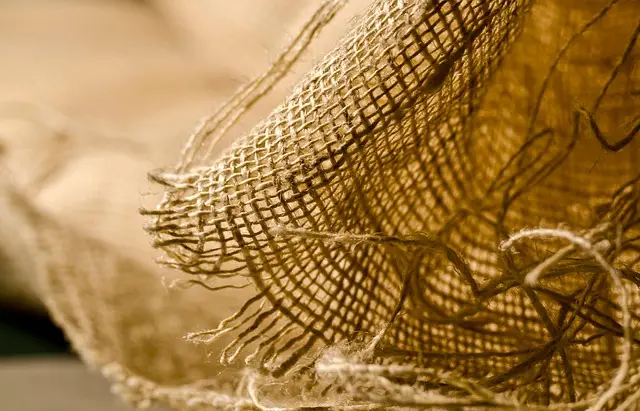Muscle soreness, especially DOMS, after intense exercise can be managed with natural remedies like kratom supplements, legal in Louisiana but subject to varying local regulations. Kratom's effects on opioid receptors offer potential pain and muscle soreness relief, yet its legality in Louisiana is complex, with some areas banning it while the state maintains broader permissiveness. Residents should check local ordinances and consult experts to ensure compliance regarding kratom use in their regions, considering ongoing debates about public safety and medical benefits.
“Experience nagging muscle soreness? You’re not alone. This common issue plagues athletes and everyday individuals alike. In this comprehensive guide, we explore effective strategies for relief, turning the spotlight on kratom supplements as a promising new option. While debates around its legality persist, particularly in Louisiana, where is kratom illegal?, we delve into the science behind kratom’s potential benefits. Learn about muscle soreness causes and discover if this natural extract offers a safe, alternative solution to traditional methods.”
- Understanding Muscle Soreness and Its Causes
- Exploring Kratom Supplements as a Potential Relief Option
- Legal Considerations: Is Kratom Illegal in Louisiana?
Understanding Muscle Soreness and Its Causes

Muscle soreness, often described as delayed onset muscle soreness (DOMS), is a common occurrence after intense physical activity or exercise. It’s your body’s way of signaling that something new or challenging has happened to your muscles. This temporary discomfort can range from mild to severe and typically peaks around 24-72 hours after exercise. Understanding the causes behind muscle soreness is key to finding effective relief, which many turn to kratom supplements for, especially considering its legality in Louisiana (as of now, it’s not explicitly illegal but also not fully legalized).
Various factors contribute to DOMS, including muscle fiber damage, inflammation, and lactic acid buildup. Intense or unfamiliar exercises, such as lifting weights or participating in sports, can lead to microscopic tears in muscle fibers, triggering an inflammatory response that contributes to the soreness. Additionally, when muscles work harder than usual, they produce lactic acid as a byproduct of energy production, which can also add to the discomfort. Kratom, with its unique blend of alkaloids, has gained attention for its potential pain-relieving effects, offering a natural alternative for those seeking relief from muscle soreness.
Exploring Kratom Supplements as a Potential Relief Option

Kratom supplements have gained attention as a potential natural remedy for muscle soreness and pain relief. This herbal extract, derived from the Mitragyna speciosa plant, is known for its diverse effects on the body’s opioid receptors, offering both analgesic (pain-relieving) and stimulant properties. For those seeking alternatives to over-the-counter medications or looking to explore complementary therapies, kratom presents an intriguing option.
While it has shown promise in providing relief from muscle soreness, it’s essential to approach its use with caution. The legal status of kratom varies across regions, and as of now, it remains illegal in several states, including Louisiana. Understanding local regulations is crucial before considering any supplement, especially when exploring alternatives for managing pain and discomfort.
Legal Considerations: Is Kratom Illegal in Louisiana?

In Louisiana, the legal status of Kratom has been a subject of debate and confusion. As of recent years, there have been varying interpretations of its legality across different jurisdictions within the state. It’s crucial to understand that while some counties and cities have explicitly banned the substance, it remains largely unrestricted at the state level. This disparity in regulations makes navigating the legal considerations for Kratom users in Louisiana complex.
The debate often centers around public safety concerns and the potential risks associated with Kratom use. Proponents argue for its medical benefits, including relief from muscle soreness and other pain management purposes. However, opponents highlight the lack of substantial scientific research supporting these claims and point to potential side effects and addictive properties. As a result, Louisiana residents considering using Kratom for muscle soreness relief should stay informed about local ordinances and consult with legal experts or healthcare professionals for accurate, up-to-date information regarding its legality in their specific areas.
While kratom supplements have shown potential for muscle soreness relief, it’s crucial to address legal considerations. In Louisiana, the status of kratom remains a point of contention, with varying local laws. Before exploring this natural option, individuals should carefully research and understand the current regulations in their area, ensuring compliance and safe use.






